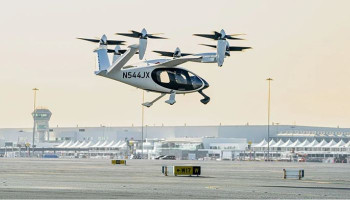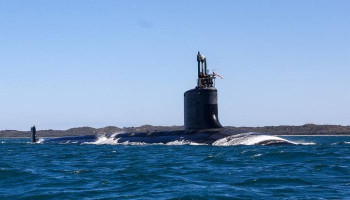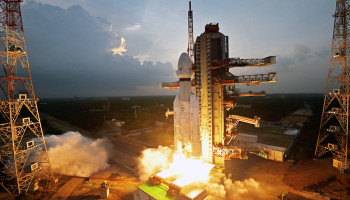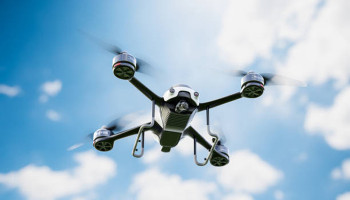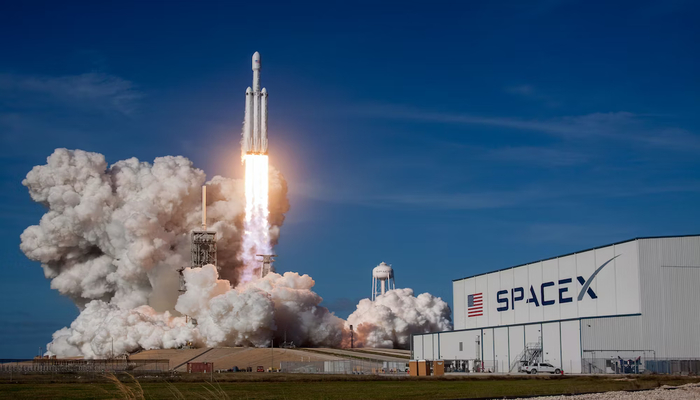
A representational image displaying a rocket launch. — Unsplash
Elon Musk-owned rocket manufacturer and space transportation company, has announced to bring back 100 Starlink satellites before their specified duration.
The recall was announced after the space company encountered an unknown error with a potential to bring grave consequences in face of its entire network.
The company says that “the Starlink team identified a common issue” in this subset of first-generation communication satellites that could “increase the probability of failure.”
Read more: Elon Musk's SpaceX relocates business incorporation from Delaware to Texas
With no insightful information at hand and on the bases of limited description and context, it is believed that the “failure” being discussed has something to with loss of control over the satellites.
Seventeen Starlink satellites are currently unable to be maneouvered, and it is unclear if this is due to the same issue as the 100 being de-orbited. Unpowered satellites are essentially space debris, and although they may eventually burn up in a few years at a low orbit, mega-constellations like Starlink have been criticised for potentially adding to the space junk problem.
The space form aims to avoid being blamed for contributing to the issue, so despite the satellites functioning well, they have chosen to intentionally bring them out of orbit through controlled descents.
The satellite descents are set to begin "in the coming weeks and months," but these satellites are not capable of making large movements, so it's more of a gentle push in the downward direction. The de-orbiting process will actually take around six months, during which time they will also “take maneouver responsibility for any high-risk conjunctions,” meaning they will politely move out of the way if they come into contact with other satellites.
The satellites will fall individually, not all at once, so there's no need to watch the skies.
Starlink users have nothing to worry about, as there are still thousands of operational satellites in orbit. Nearly 6,000 have been launched so far, with 406 de-orbited, and while others may not be operational, there are still plenty to serve customers.





